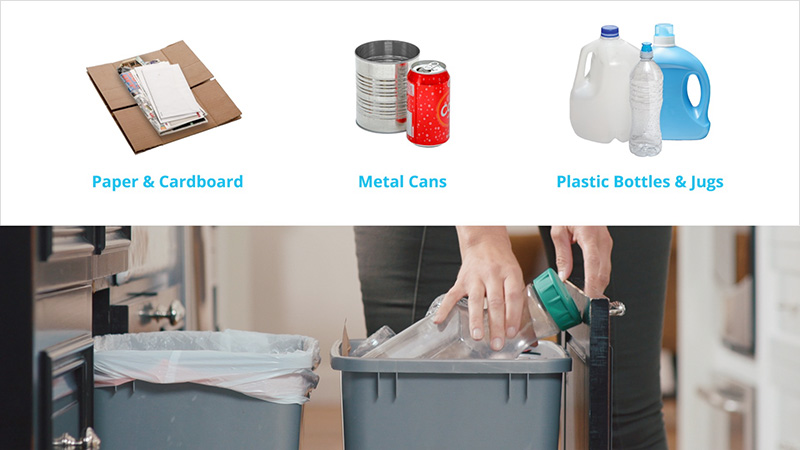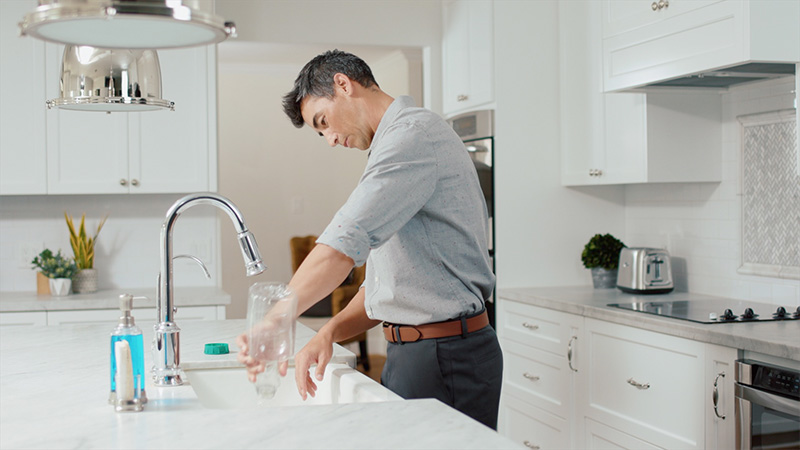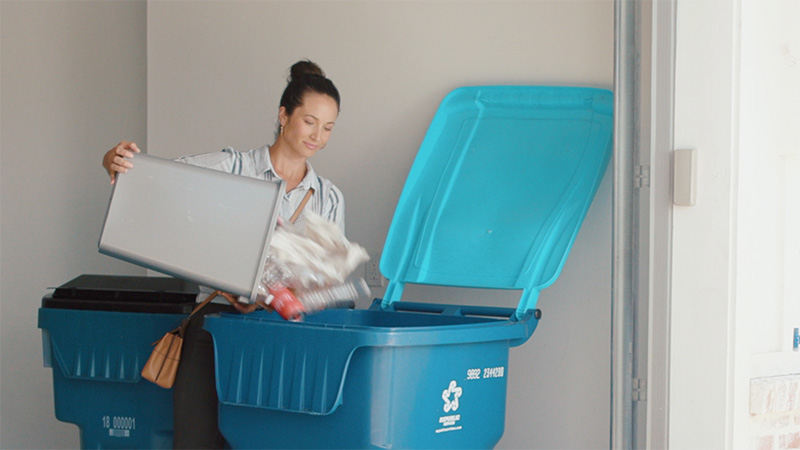Recycling Basics
Recycling is easy, once you learn the basics. At Republic Services®, we’re happy to show you everything you need to know to be a good recycler.
Watch Overview VideoKnow what to throw
Make sure you’re putting the right materials in your recycling container—paper, cardboard, metal cans, plastic bottles and jugs.
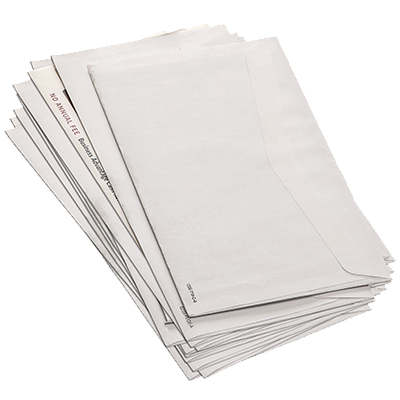
Paper & Cardboard
Flattened cardboard, newspaper, magazines, office paper and common mail can be recycled as long as they aren’t contaminated by food, liquid or waste.
Break down cardboard boxes. It makes them easier to process and leaves more room for other recyclables.
Paper can’t be recycled if it’s mixed with other materials. Remove the bubble wrap or plastic windows before recycling padded packaging or security envelopes.
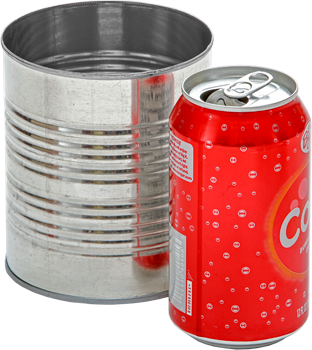
Metal Cans
Before recycling food and drink cans, remove paper or plastic labels and clean out any residual materials.
Some metal cans have an insulated coating that might not be recyclable. When in doubt, throw it out!
Recyclables don’t need to be thoroughly washed, but they do need to be dry so they don’t contaminate other items.
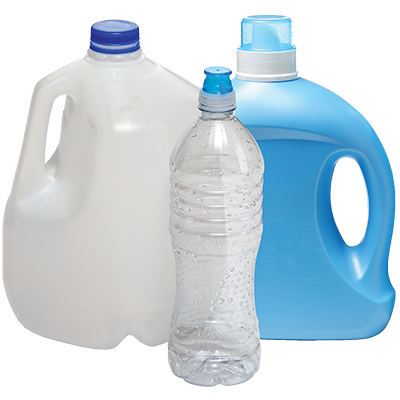
Plastic
While hard plastic containers like water bottles, milk jugs and detergent containers can go in your container, flexible plastics like grocery bags, bubble wrap and styrofoam require special handling and can’t be recycled curbside.
Lids are too small to recycle by themselves, so put them on the containers or throw them away.
If you can poke your finger through the plastic, it doesn’t belong in your recycling container.
Food and condiment bottles are great recycling candidates. Just be sure they’re rinsed and dry before you put them in your recycling container.
Empty. Clean. Dry.™
How to keep all recyclables free of food and liquid.
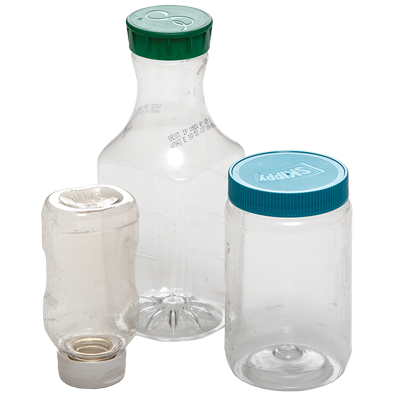
No Soiled or Wet Materials
One dirty item can contaminate an entire truckload, so make sure recyclables are empty, clean and dry.
Once cardboard or paper comes into contact with food or liquid, it can no longer be recycled.
Never allow more than one teaspoon of liquid to remain in a recyclable.
Don't bag it
Remember to never put your recyclables in containers or bags.
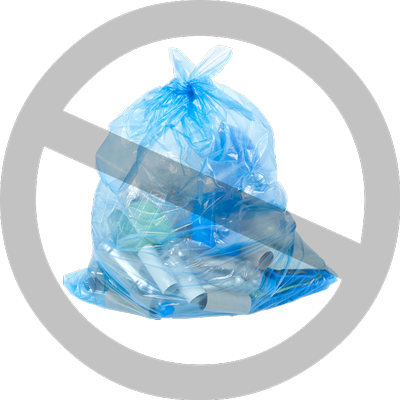
Don't Bag or Contain
Never bag or bundle your recyclables. Items should be placed in the container individually.
Plastic bags can get caught in the machinery causing delays and damage to equipment.
Bundled recyclables can’t be sorted at the facility, so all of it ends up in a landfill.
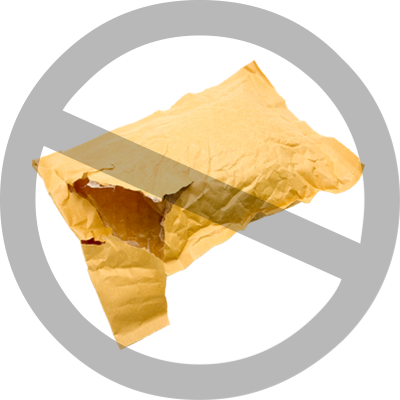
No Connected or Mixed Materials
When two or more materials are connected they cannot be recycled as is, even if they’re all recyclable.
If all of the mixed materials are recyclable, like a plastic package with a paper insert, separate the items and put them in your container individually.
If only part of the mixed material is recyclable, like a window envelope, separate the plastic portion from the paper and recycle the paper.
Ready to Become an Expert Recycler?
Now that you know the basics, move to the next level and become an expert. Just review our handy guidelines, watch the videos, and download our helpful resources for recycling know-how.
View Expert Tips View Resources
